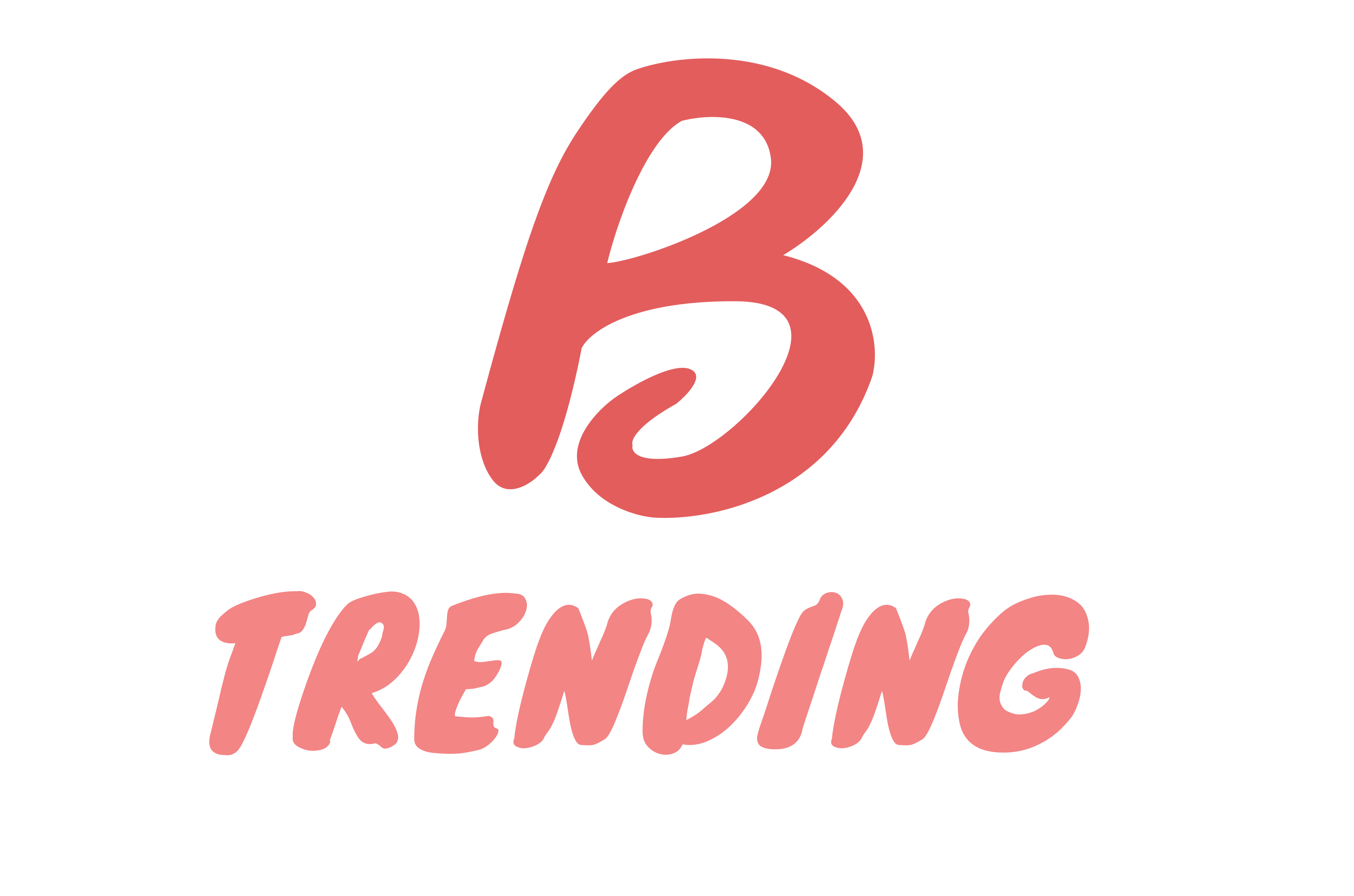The line between having a job and pursuing a career is sometimes blurred in today's ever-evolving professional landscape. As we navigate through different phases of our work life, understanding the distinction between these two concepts is crucial for our long-term satisfaction and success. This article will explore what is the difference between a job and a career.

What is the Difference Between a Job and a Career?
What is the difference between a job and a career? This distinction is vital in understanding not just how we work but why we work.
A job is essentially a post of employment—a role where you perform tasks in exchange for compensation. It’s a means to an end, often focused on the immediate need to earn money. Jobs can be temporary, part-time, or even full-time positions that don't necessarily require a long-term commitment or align with one's personal passions or professional aspirations.
On the other hand, a career represents a long-term journey through the professional realm. It's a series of connected employment opportunities where skills and experiences build upon each other to propel you forward. A career is characterized by growth, learning, and a pursuit of passion, encompassing a path that is not just about making a living but about making a life.
Reflecting on Your Current Position
Understanding where you stand in the job vs. career spectrum is crucial. Are you in a role merely to support yourself financially while you explore future career possibilities? Or are you laying the groundwork for a lifelong profession? Recognizing this can help you strategize your next moves, leveraging current opportunities as stepping stones toward your career goals.
Finding Joy and Fulfillment in Your Work
Even if your current job doesn't seem like your dream career, it's important to identify elements of your work that you enjoy. This could be the social aspect, challenges, or skills it allows you to hone. These insights are invaluable as they guide you toward understanding what you might want in a career.
The Financial Aspect: Salary and Investment
While passion drives career choices, financial considerations cannot be ignored. Researching and understanding the potential earnings in your field of interest is essential. Consider the investment of time and money in education or training versus the potential return. This pragmatic approach ensures that your career path is fulfilling and financially sustainable.
Tips to Turn Your Job Into a Career
Here are the top tips to turn your job into a career:
- Understand Your Interests: Reflect on what you enjoy about your current role and how these aspects can inform your career choices.
- Set Goals: Define what success looks like to you in the long term and outline the steps needed to get there.
- Seek Growth: Always look for opportunities to expand your skills and knowledge.
- Network: Connect with professionals in your desired field to gain insights and opportunities.
- Be Flexible: Your path may not be linear—embrace changes and opportunities as they come.
- Prioritize Satisfaction: Ensure your career path aligns with your values and brings you joy.

Bridging the Gap
Transitioning from viewing your work as just a job to seeing it as part of a career is transformative. It involves self-reflection, goal setting, and a proactive approach to professional development. By understanding the difference between a job and a career, you can make informed decisions that align with your long-term aspirations.
Conclusion
The most crucial factor is your perspective, whether you're in a job that's just a stepping stone or embarking on a career journey. Seeing the potential in your current role, learning new skills, and making strategic moves can turn any job into a part of your broader career narrative. Remember, every great career starts with a single step—a job that may seem small but is part of a larger, fulfilling professional journey.





